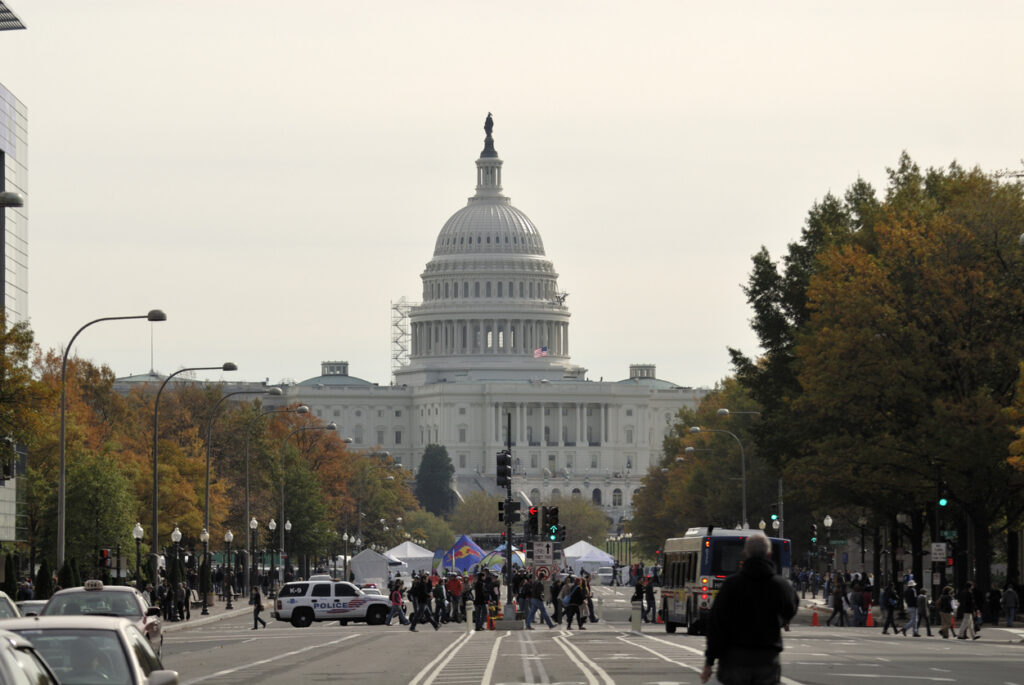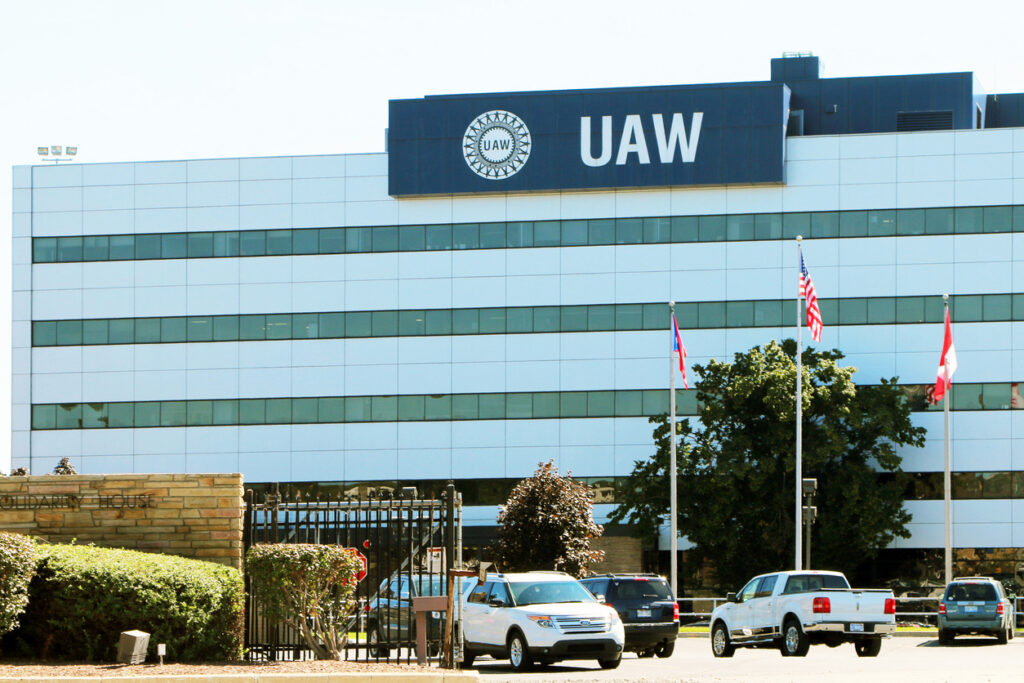
In a world increasingly conscious of the need for sustainable living and the dangers of climate change, the transition to electric vehicles has become a beacon of hope. Amidst this shift, a small tribal reservation in Minnesota is pioneering an extraordinary journey towards cleaner air and a healthier environment for its community. The Red Lake Band of Chippewa has become one of the first tribal communities to receive electric-powered school buses, marking a significant milestone in the Biden administration’s ambitious initiative to electrify America’s school bus fleet.
This initiative, part of the Clean School Bus program under the 2021 bipartisan infrastructure law, represents more than just an investment in green technology. It embodies a commitment to enhancing the quality of life for underserved communities, including a substantial $13.7 billion dedicated to improving the lives of Native Americans. The Red Lake Band’s adoption of electric buses is not just about transportation; it’s a step towards fulfilling a promise for a better, more sustainable future.
The health and environmental implications of this shift are profound. Traditional diesel-powered school buses, with their noxious exhaust, have long been identified as a significant health hazard, contributing to respiratory conditions like asthma and polluting the atmosphere. For the Red Lake community, which belongs to the Ojibwe tribe and counts 10,000 members, the transition to electric buses offers a breath of fresh air—quite literally. Situated in one of the fastest-warming regions of the contiguous United States, this community stands at the frontline of climate change, making the switch to electric buses all the more crucial.
Yet, embracing this change is not without its challenges. The geographic and climatic conditions of the Red Lake reservation, vast and rural, present unique hurdles. Questions linger about the buses’ performance in extreme cold, and the logistics of transitioning to electric in a community where school buses are vital for covering long distances across the reservation. Mike Nelson, the district’s transportation coordinator, expresses cautious optimism. Plans are in place to introduce the buses on shorter routes initially, ensuring they are stored in heated garages and charged at fast-charging stations to maintain their readiness.
However, the path to widespread adoption of electric buses within tribal communities is laden with obstacles. A notable requirement of the program is the scrapping of a combustion-engine bus for each new electric one received—a stipulation that could pose a significant barrier for many reservations. The loss of a functional school bus, even in exchange for an electric one, is not a trade-off all communities are prepared to make. This highlights the broader need for supportive measures and assistance to ensure that underserved communities can fully engage with and benefit from such initiatives.
As we stand at the cusp of this transition, the journey of the Red Lake Band of Chippewa illuminates the complexities and opportunities that lie ahead. Alejandra Nunez from the Environmental Protection Agency’s Office of Air and Radiation emphasizes the importance of supporting these communities through the transition, recognizing that access to electric buses marks just the beginning of a longer, transformative journey.
The story of the Red Lake reservation is a testament to the potential of innovative environmental policies to make a tangible difference in the lives of communities, especially those who have been historically underserved. It underscores the importance of not only pursuing technological advancements but also ensuring that the benefits of these developments are accessible to all, paving the way for a cleaner, healthier future for the next generation. As the world watches, this small community’s bold step forward may well inspire many others to embark on their own journeys toward sustainability and environmental stewardship.











